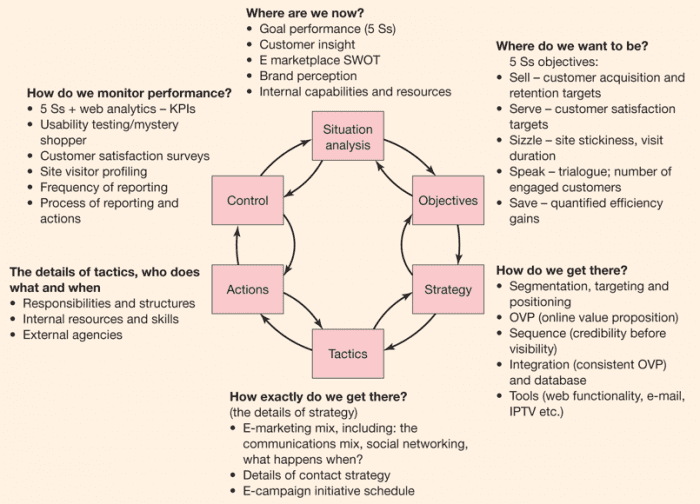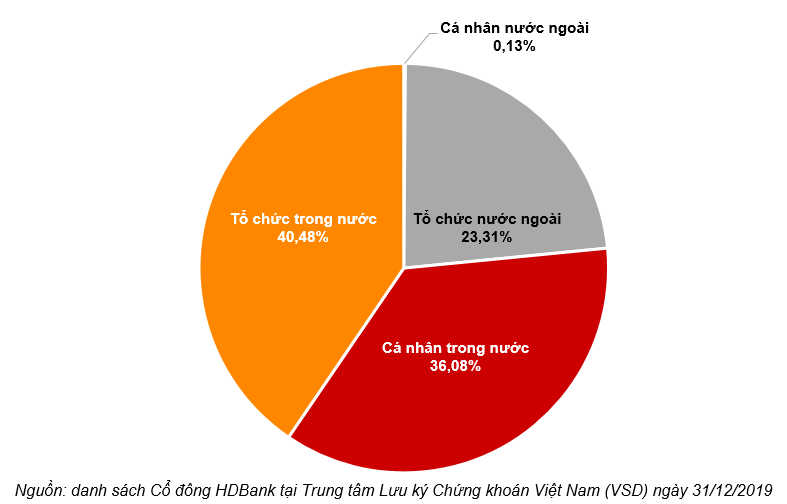It’s very common for students to wonder what to do with their life after graduating from high school. Most students decide to enroll in post-secondary education programs. Yet many of them don’t know enough about the different post-secondary options available for them. As a result, this lack of knowledge during students’ decision making can end up being catastrophic to their future career plans. There are many post-secondary options for high school graduates and it’s good to consider at least the tops ones before making a conclusive decision.
Bạn đang xem: Post secondary education là gì
In Canada, there are three main types of post-secondary schools:
UniversitiesCollegesOther Institutes
Each of which serves different purposes and provide students with different resources. However, the differences between these post-secondary schools have been narrowing over time which will be discussed further below.

credit: Thompson River University
Generally, the majority of high school graduates aim to get into a university program. In Canada, university programs tend to focus on building students’ critical thinking and research skills. Thus, many university programs usually focus on theoretical teaching. However, there are a number of exceptions to this. For instance, co-op programs in the university are intended to teach students practical and hands-on experiences. In university, students work toward a bachelor’s degree, a master’s degree or a Ph.D. degree depending on their career plan. In addition, universities tend to have large class sizes which in some cases can contain more than 300 students. But keep in mind, smaller tutorials or labs may also be part of the class requirement.
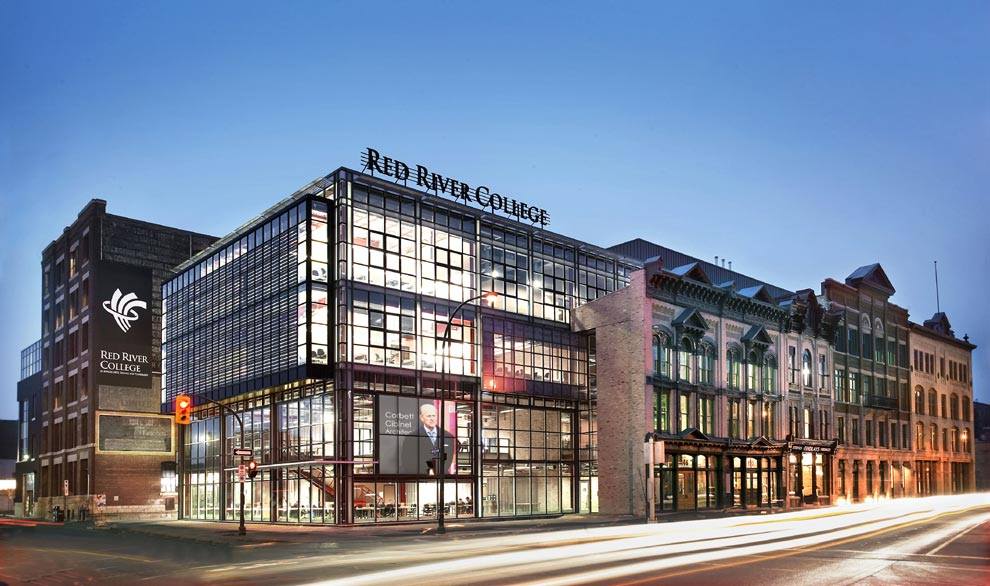
credit: Red River College
Canadian colleges offer a wide range of applied programs which often focus on preparing students for their future career. In addition to the specific focus on employability, colleges also tend to have smaller class sizes, with a lower student-to-instructor ratio. This allows the students to have more time with their instructors when they need additional help. Thus, colleges tend to be beneficial for students who learn best through engaging with their instructors.
Vocational Colleges and Polytechnics
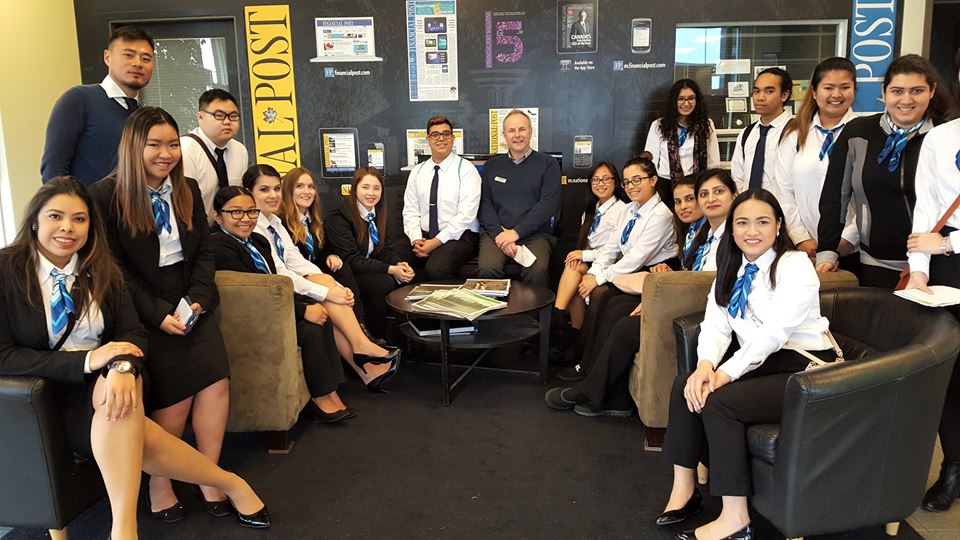
credit: Canadian Tourism College
Vocational Colleges are known by many different names such as career colleges, technical schools, and trade schools. As the name suggests, vocational schools offer career-specific programs geared toward helping students prepare to shift from studying to employment seamlessly. Some examples of vocational programs include massage therapy, automotive repair, or computer support.
Xem thêm: Biometric Là Gì – Nghĩa Của Từ Biometric
Similarly, polytechnics are another category of post-secondary education that falls between universities and vocational colleges. They combine teaching styles used in vocational colleges and universities thus you will learn both the practical and theoretical aspects of your program. Essentially, polytechnics are publicly-funded institutes that offer diverse advanced education credentials such as four year Bachelor’s degrees, advanced diplomas, certificates, as well as training for apprenticeship programs.
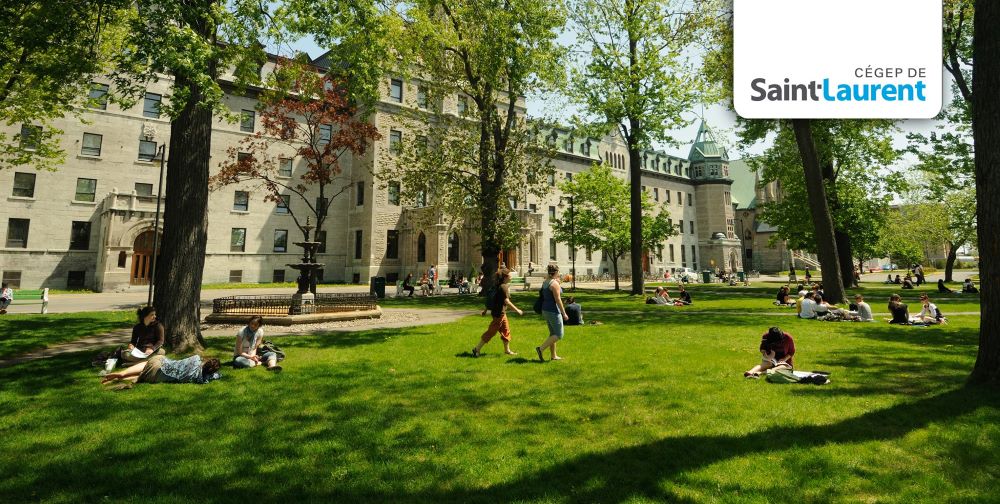
credit: Cégep de Saint-Laurent Department of Music
CÉGEPs are publicly funded pre‑university and technical colleges offered only in Quebec. They typically offer more than 125 study programs that fall under three categories:
Technical programs: allow students to transition into the job market as soon as they get their degree.Pre-university programs: prepares students for university.Short-duration programs: short program granting Attestation of Collegial Studies (ACS) diploma upon successful completion.
Language Schools
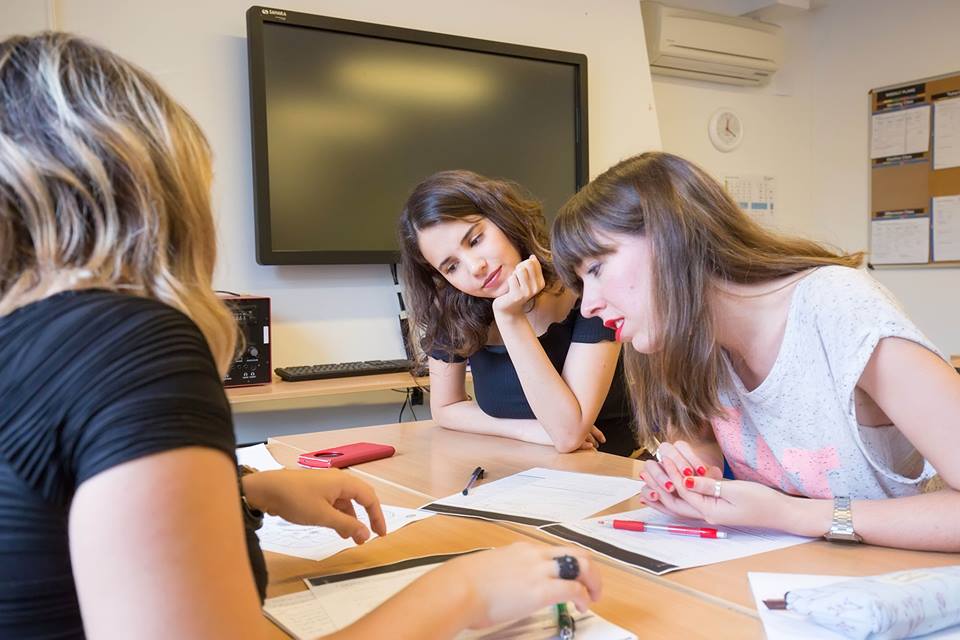
credit: The Language Gallery
Many international students decide to enroll in language schools rather than rushing a university degree. Language Schools mainly focus on linguistics studies and improving students’ second languages (Either English or French). Class sizes tend to be on the smaller side and students get to focus on improving their language skills and making new connections before moving on higher education levels.
Xem thêm: đảm Bảo Tiếng Anh Là Gì, Q&a: Phân Biệt Assure, Ensure Và Insure
Students often struggle to decide on what type of post-secondary education best suits them. For instance, Universities are great for research positions and acquiring the base knowledge for your future career. Meanwhile, colleges offer practical programs that directly prepare you for the job market. At the same time, there are overlaps and exceptions to these institutions as well. Like how universities also offer practical training through co-op or how colleges now focus on theoretical teaching as well. What’s more, there are other institutes you need to consider which don’t fall under any of the above categories. In the end, it’s all your choice so take your time and do your research on your post-secondary choices before making a choice.
Also read:
Leave a Reply Cancel reply
Your email address will not be published. Required fields are marked *
Chuyên mục: Hỏi Đáp


